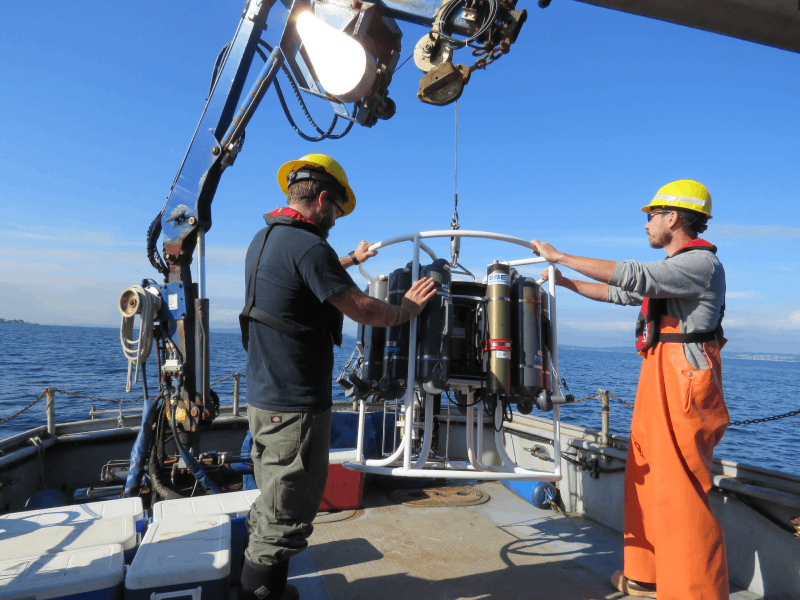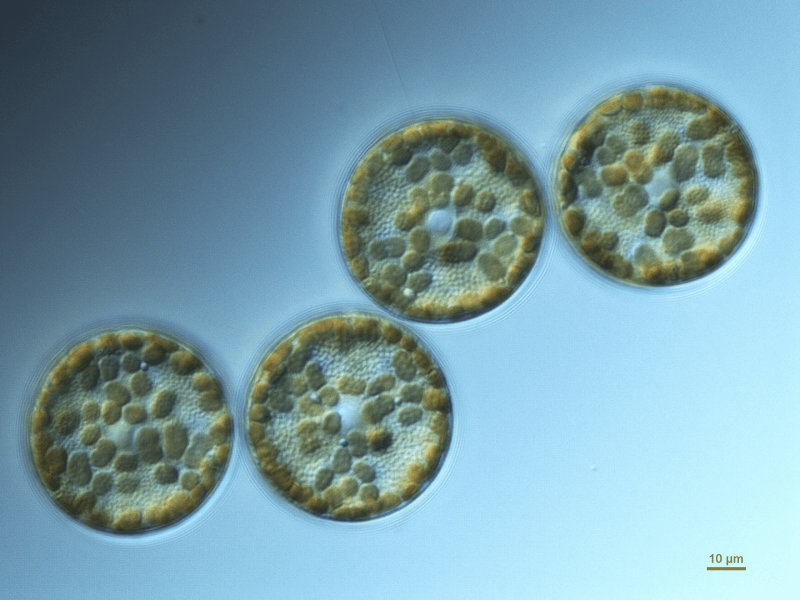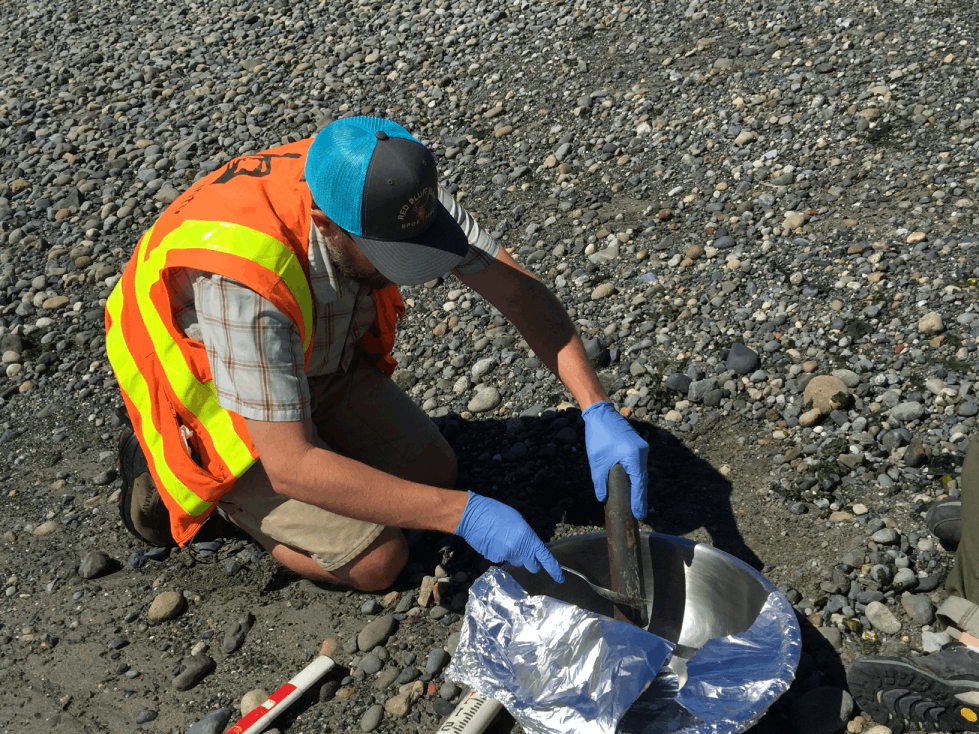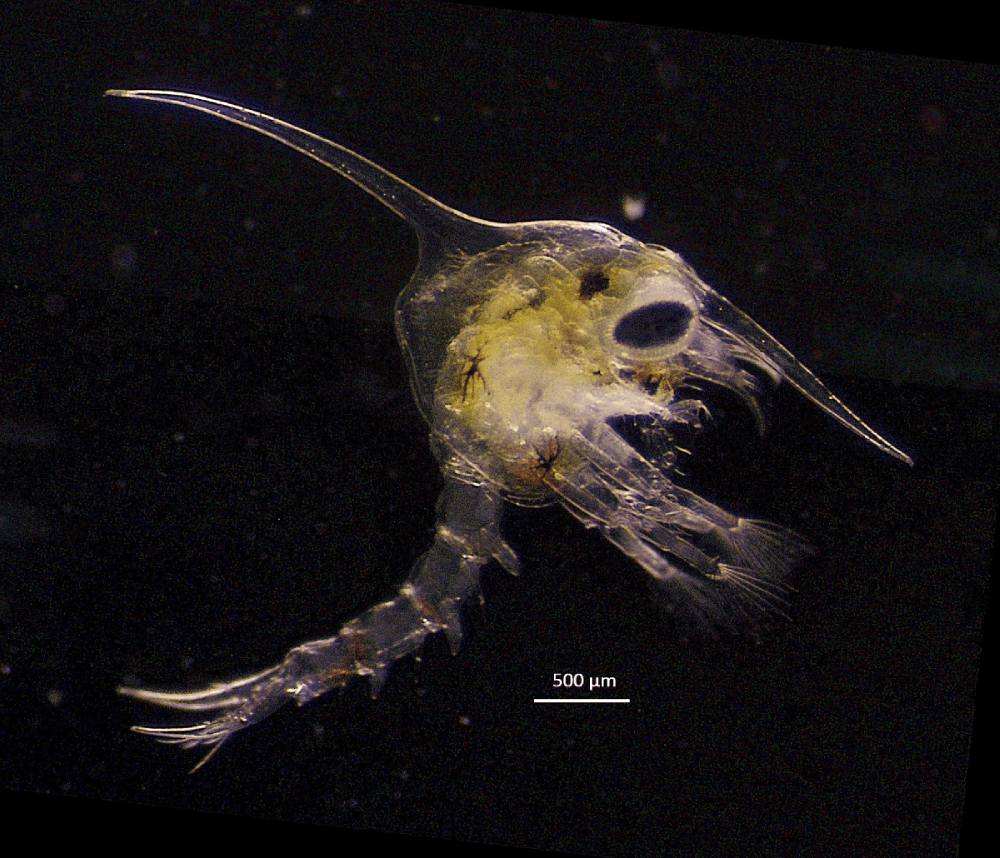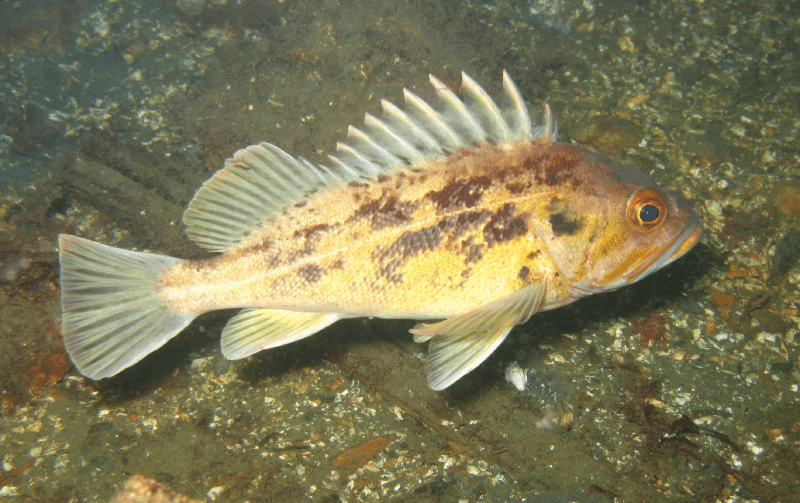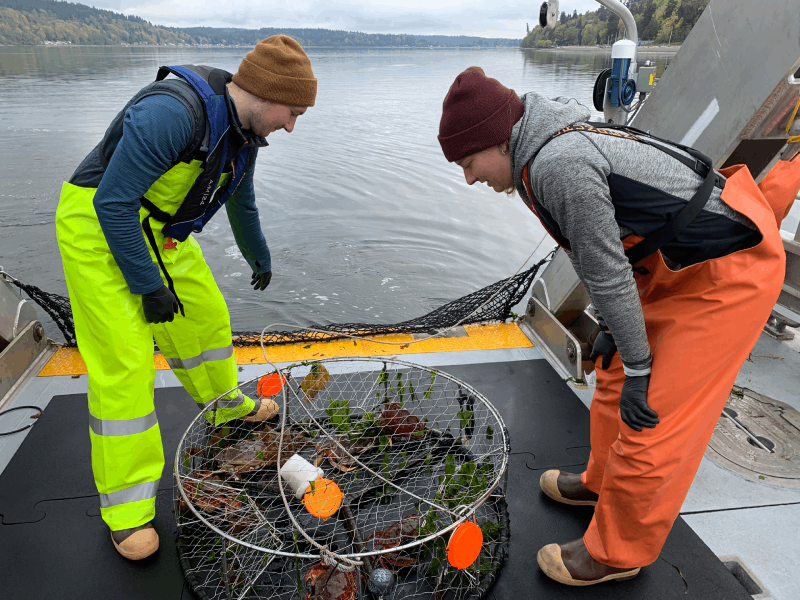Wendy provides technical support for King County’s marine water quality and sediment monitoring program. Her focus is on benthic invertebrate ecology, sediment quality, and bacteria. Specifically, she is the project lead for the marine sediment and beach water quality monitoring programs. Wendy’s background and interests include marine ecology and invertebrate taxonomy, sediment quality, and marine water quality. In addition to routine monitoring, she has worked on a variety of projects supporting the Wastewater Treatment Division with sediment monitoring near outfalls as well as special studies with the Sediment Management Program. Wendy also supports the Science and Technical Support Section’s Undergraduate Internship Program as lead mentor.
Greg is an oceanographer providing technical support for King County’s Marine Monitoring program. He focuses on verifying and analyzing data from the offshore monitoring and mooring programs, which collect oceanographic data in Puget Sound through a combination of water samples and sensors. Before joining King County, he conducted field sampling in coastal and open ocean environments and supported the development and use of sensors used in oceanography. His skills and interests include data quality assurance, technical troubleshooting, and communicating science to diverse audiences.
Taylor is an oceanographer and project manager for King County’s Marine Monitoring Program. Her work includes management and analysis of marine data, nutrient assessments, writing reports for technical and general audiences, and developing a program to monitor ocean acidification impacts in Puget Sound. Taylor earned a Ph.D. from Stanford in Environmental Earth System Science, where her research focused on nitrogen cycling in the global ocean. Her skills and interests include numerical modeling, data science, and teaching students of all ages.
Kim is a marine biologist and a project manager for King County’s Marine Water Quality Monitoring Program, including the Phytoplankton and Zooplankton monitoring components. Her work supports a variety of topics (such as the Puget Sound marine food web, eelgrass restoration, and nitrogen management) and focuses on data analysis, connecting water quality/physical processes to lower food web dynamics, and report writing. Further, her work involves collaborating with other organizations conducting marine monitoring in Puget Sound (such as UW, Washington Dept. of Ecology, Washington Dept. Of Fish & Wildlife, and tribes). Kim’s skills and background include, but are not limited to, chemical and biological analyses, data visualization, and marine biota (including charismatic megafauna and marine birds).
 Translate
Translate
